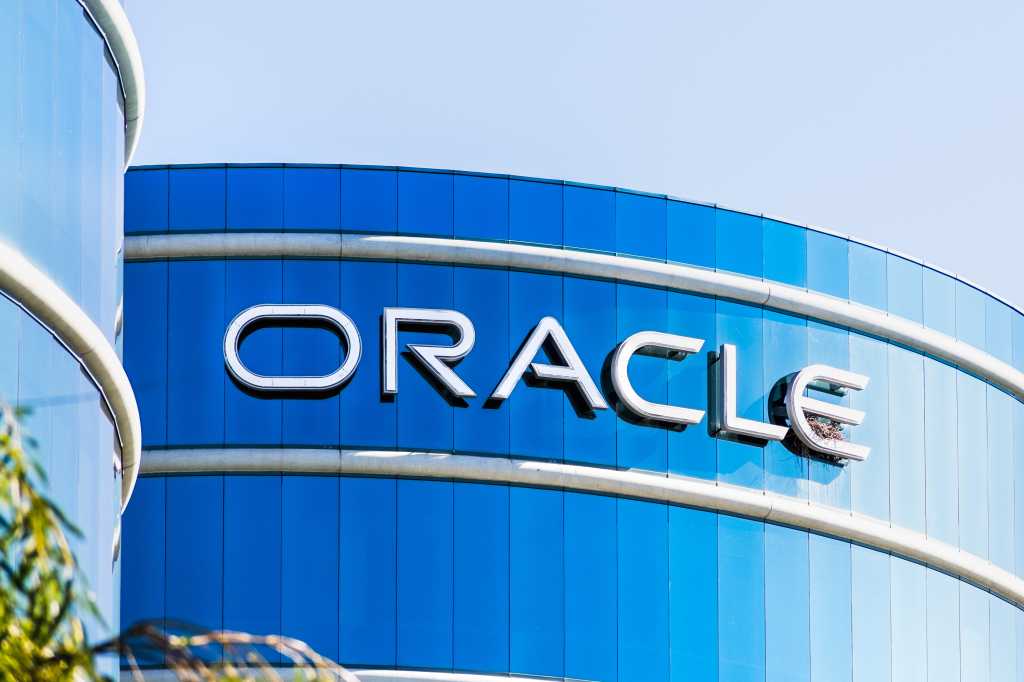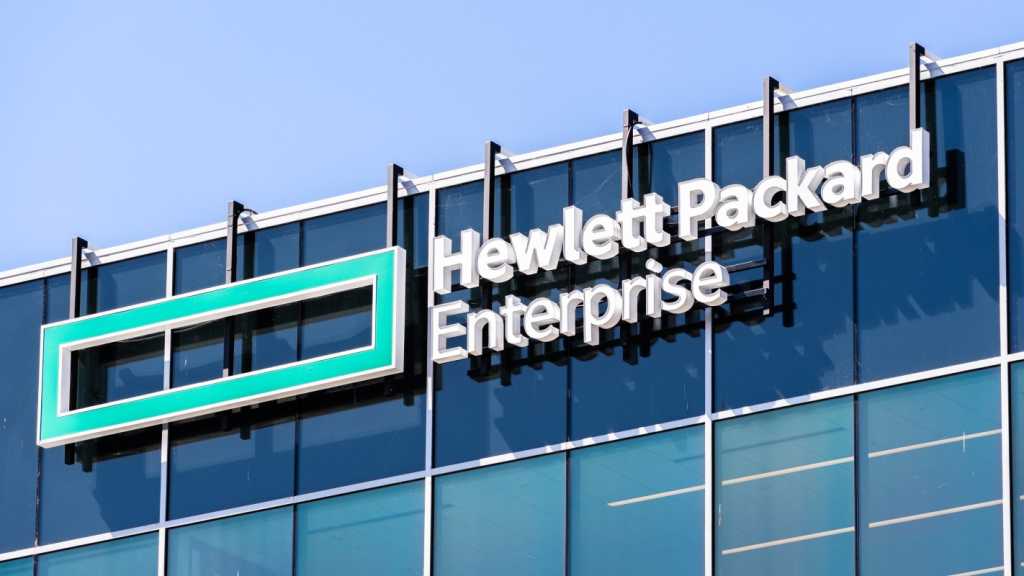
He pointed out that, in addition to its continued growth, OCI has a remaining performance obligation (RPO) — total future revenue expected from contracts not yet reported as revenue — of $138 billion, a 41% increase, year over year.
The company is benefiting from the immense demand for cloud computing largely driven by AI models. While traditionally an enterprise resource planning (ERP) company, Oracle launched OCI in 2016 and has been strategically investing in AI and data center infrastructure that can support gigawatts of capacity.
Notably, it is a partner in the $500 billion SoftBank-backed Stargate project, along with OpenAI, Arm, Microsoft, and Nvidia, that will build out data center infrastructure in the US. Along with that, the company is reportedly spending about $40 billion on Nvidia chips for a massive new data center in Abilene, Texas, that will serve as Stargate’s first location in the country.
Further, the company has signaled its plans to significantly increase its investment in Abu Dhabi to grow out its cloud and AI offerings in the UAE; has partnered with IBM to advance agentic AI; has launched more than 50 genAI use cases with Cohere; and is a key provider for ByteDance, which has said it plans to invest $20 billion in global cloud infrastructure this year, notably in Johor, Malaysia.
Ellison’s plan: dominate the cloud world
CTO and co-founder Larry Ellison announced in a recent earnings call Oracle’s intent to become No. 1 in cloud databases, cloud applications, and the construction and operation of cloud data centers. He said Oracle is uniquely positioned because it has so much enterprise data stored in its databases. He also highlighted the company’s flexible multi-cloud strategy and said that the latest version of its database, Oracle 23ai, is specifically tailored to the needs of AI workloads.
Oracle 23ai is “the only database that can make all customer data instantly available to all popular AI models while fully preserving customer privacy,” Ellison claimed.




















